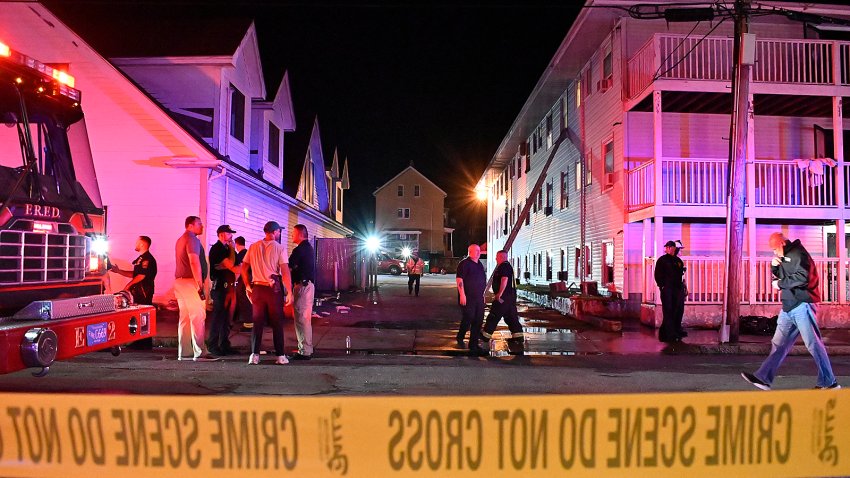
6 women arrested after Norwood home burglary, police chase
Six women from Maryland, allegedly part of an organized crime ring targeting multiple states, were arrested last week in Norwood, Massachusetts.

Six women from Maryland, allegedly part of an organized crime ring targeting multiple states, were arrested last week in Norwood, Massachusetts.

Tom E. Curran and Phil Perry explain why they’re high on Kayshon Boutte amid the third-year Patriots wideout’s impressive training camp.

Phil Perry breaks down Patriots quarterback Drake Maye’s performance during Day 6 of training camp, a heavy red-zone passing day for the offense.

How did the Patriots’ wide receiving corps fare Tuesday on Day 6 of training camp? Tom E. Curran shares his perspective.

The Gabriel House assisted-living facility in Fall River, where a fire killed 10 people, temporarily lost its certification due to resident mistreatment, state regulators say.

When will Patriots cornerbacks Christian Gonzalez and Carlton Davis return from their respective injuries? Tom E. Curran shares the latest.

Advocates are calling for rent stabilization to help tackle the housing affordability crisis in Massachusetts.

Phil Perry spotlights the Patriots players who shined and those who struggled during Tuesday’s training camp practice in Foxboro.


A search for a missing swimmer at a Cape Cod beach on Tuesday afternoon wound up being a false alarm, fire officials said.

In a significant win for prosecutors, the presiding judge over the Brian Walshe murder case has almost entirely sided with the Commonwealth in the defense’s bid to have key digital evidence thrown out.

The owner of roaming dogs that attacked two people in Lynn, Massachusetts, was issued citations as the dogs remain in a mandatory quarantine.

Here’s the latest on Patriots cornerback Christian Gonzalez, who suffered an apparent hamstring injury during Monday’s training camp practice.
